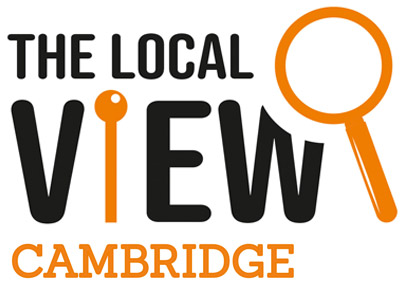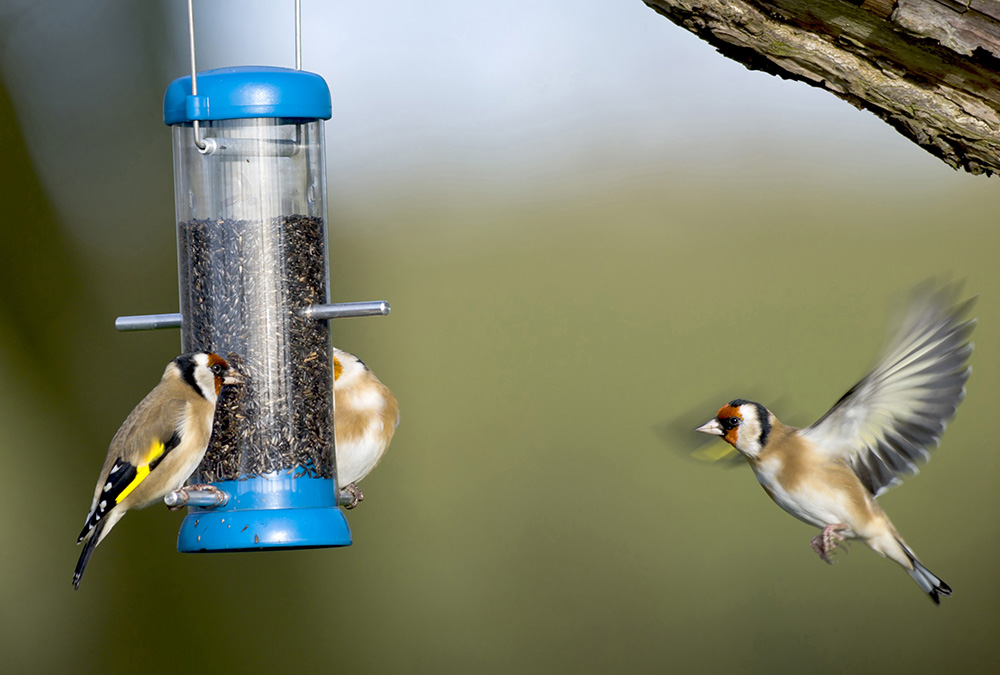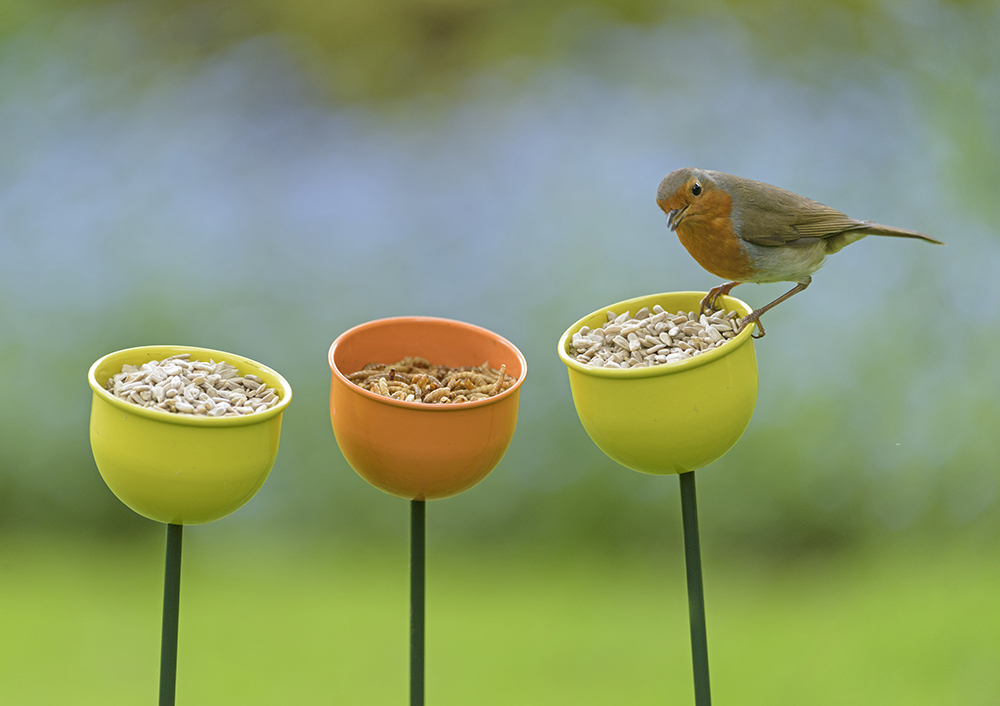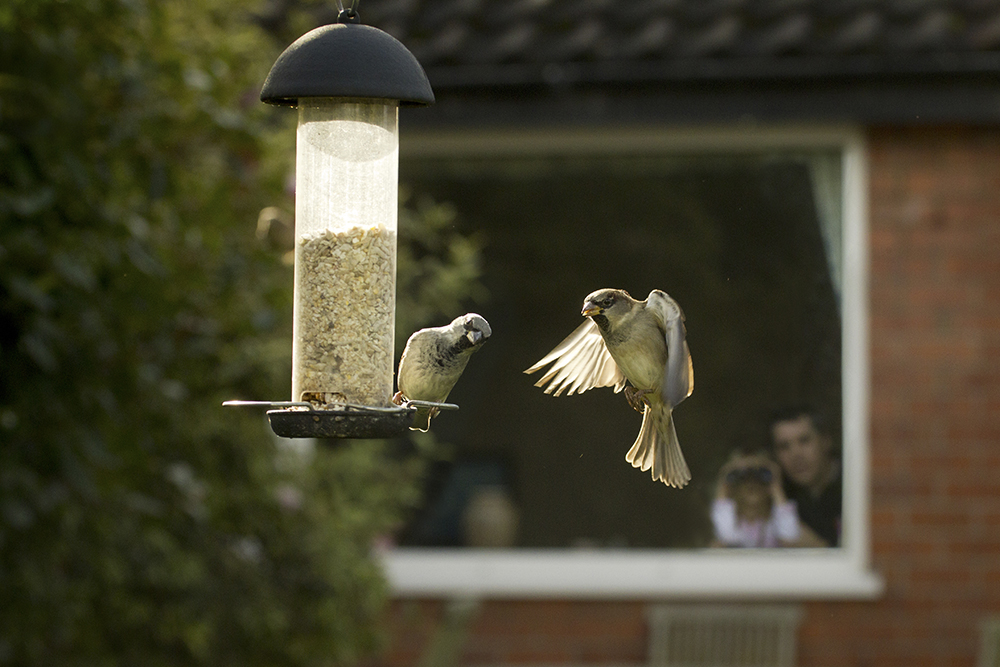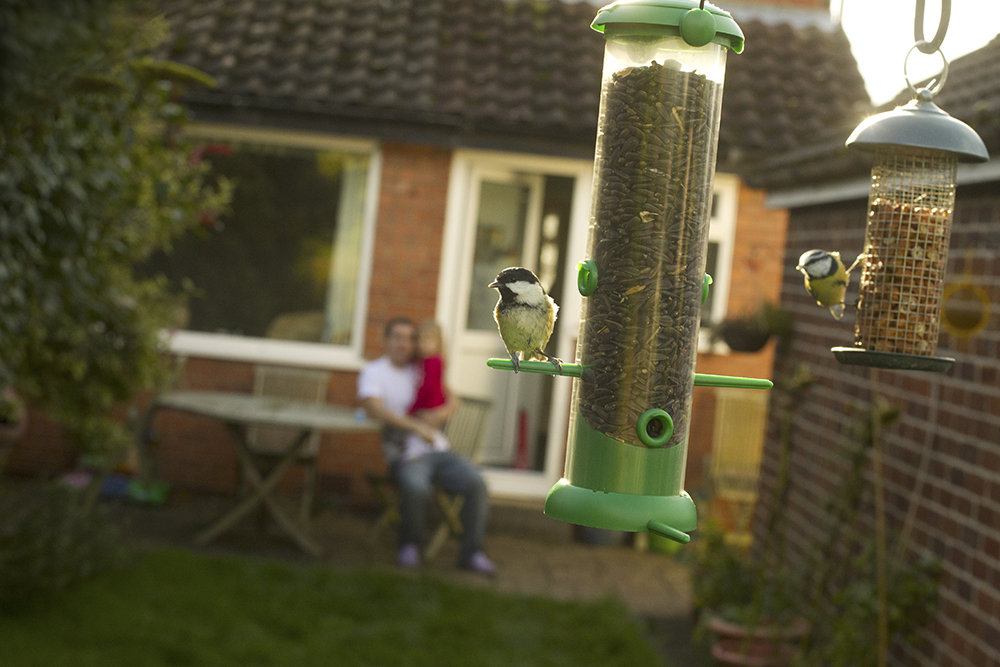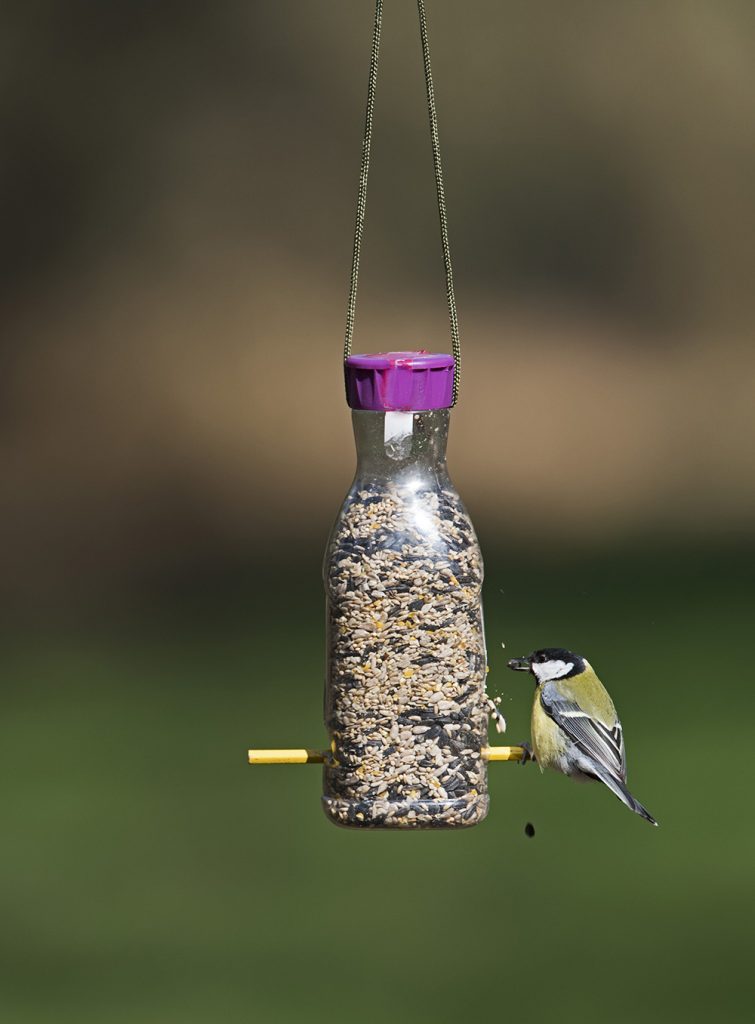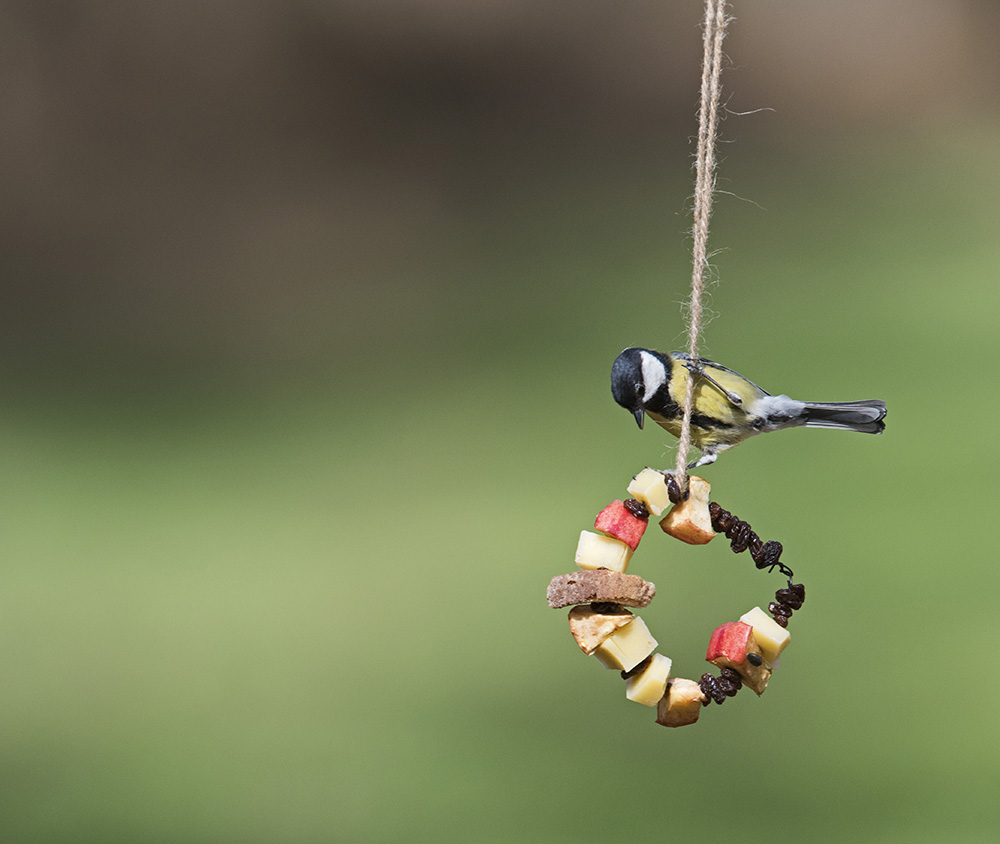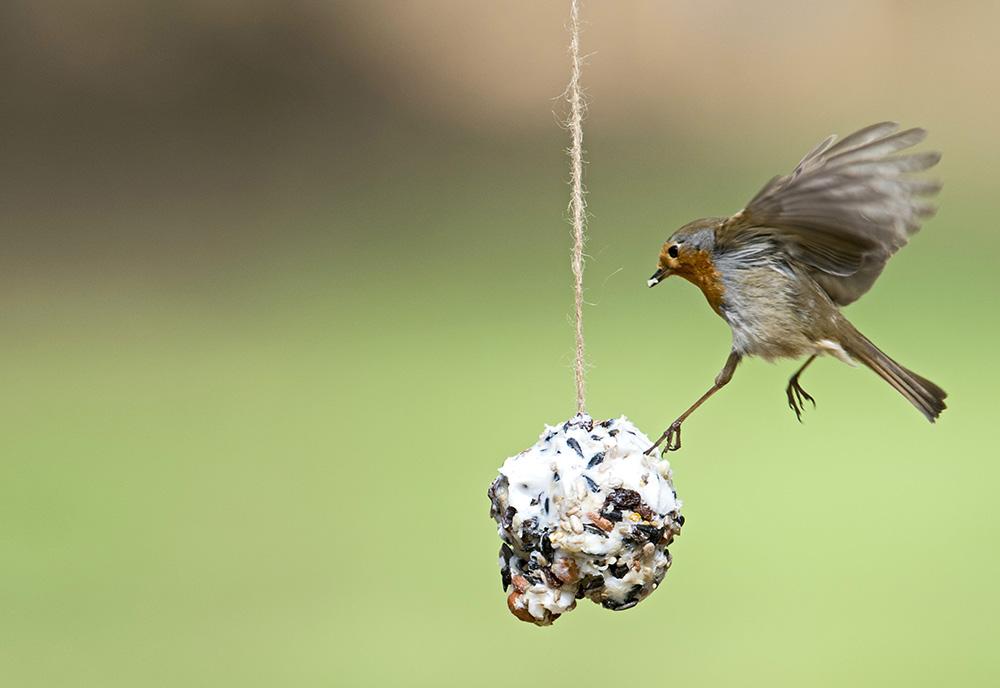This year, we’ve seen how important the natural world is to our mental health and wellbeing. There has been a surge in interest in the nature on our doorsteps. As a result, many people have come to rely on garden birds to bring joy and comfort in these unsettling times.
Taking the time to watch which feathered friends make use of your bird table or window feeder can often help to reduce stress and restore calm. And it doesn’t just benefit humans. With over 60% of the UK population regularly feeding their garden birds, research suggests that this helps around 196 million birds a year.
Feeders and Water Trays
According to the RSPB, it’s important to keep your feeders and water trays topped up at this time of year. This will help your garden birds survive through the winter as natural food sources run low. Providing high-energy food will help your local birds build up the fat reserves they need to keep warm. As a result, your garden could soon become a hive of activity.
What’s more, for those without a garden, window feeders can prove just as popular with your feathered friends. Why not check out the RSPB’s handy guide to making a recycled window feeder from objects found around your home here?
Food Suitable for Birds
Thankfully, if your bird feed supplies are running low, your cupboards can hold the answer to attracting our feathered friends to your garden. According to the RSPB, fruits like apples and pears, even when they’re past their best, can be snapped up by blackbirds and thrushes. Grated cheese can be a fantastic source of energy and protein for a range of birds. Cooked pastry, defrosted peas or unsalted bacon leftovers are also great options, while cooked rice, pasta and the inside of potatoes provide a great energy source.
With a range of options to help tempt your local birds into your garden, the RSPB is urging people across Cambridgeshire to stock up their feeders and ensure fresh water is available as winter brings the toughest and coldest months for birds.
Meanwhile, the charity, which has been monitoring trends in garden bird numbers for over 40 years, is on hand to provide top tips on how to attract wildlife to your garden as part of its popular Big Garden Birdwatch survey. Last year, Cambridgeshire’s most common garden birds were house sparrows, starlings and blue tits. However, residents can also look out for brightly coloured goldfinches in their gardens and green spaces. These were spotted in 3 out of 10 Cambridgeshire gardens in 2020.
Fancy giving your garden birds a Christmas dinner all of their own?
Christmas cake or pudding is packed with fruit and fat. So if you can spare a little, it makes a perfect treat for wildlife. Chopping up your leftover roast potatoes is sure to go down a treat with your feathered friends too. Your cheeseboard scraps needn’t go to waste either. Robins, for instance, can’t get enough of mild cheeses like Cheddar and Wensleydale!
While you can feed a range of Christmas trimmings to birds, be sure not to leave out your leftover turkey or cooking fat. Salty fat can be toxic to birds. Also, as it remains soft even when cooled, it can easily smear onto their feathers. This ruins the waterproof outer layer essential for birds to keep warm and dry in the cold winter weather.
For more detailed information on suitable food for birds and other wildlife, visit the RSPB’s website here.
The Big Garden Watch
Take part in the Big Garden Birdwatch, which runs from 29 – 31 January. Visit www.rspb.org.uk/birdwatch or text BIRD to 70030 for your FREE guide. This includes a bird identification chart, top tips for your birdwatch and RSPB shop voucher.
The Royal Society for the Protection of Birds (RSPB) is a registered charity.
In England and Wales, no: 207076.
In Scotland, no: SC037654.

Click here to read other nature articles
